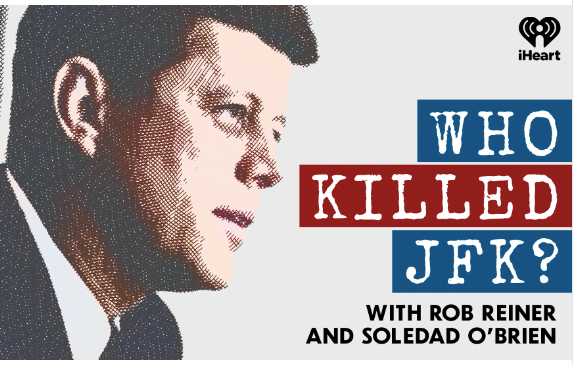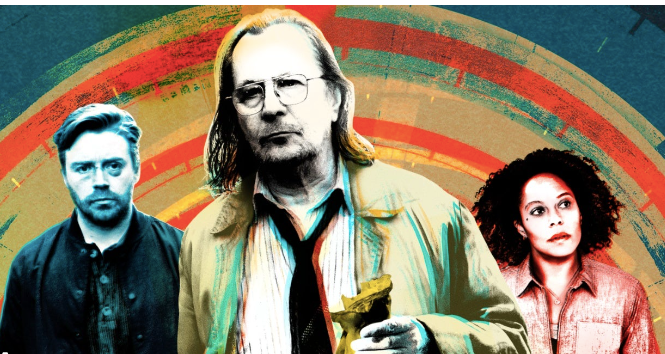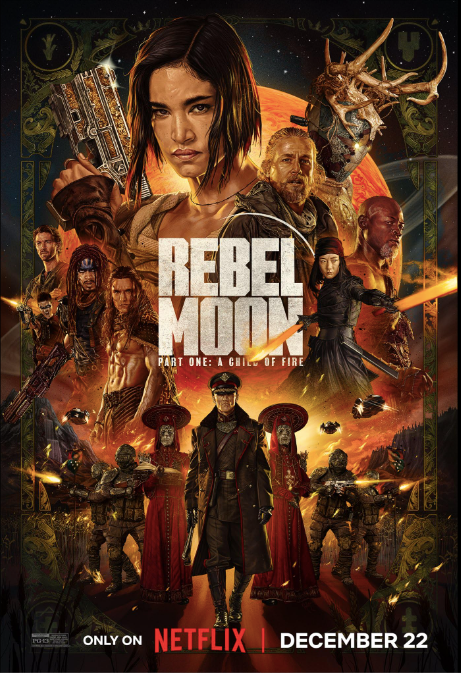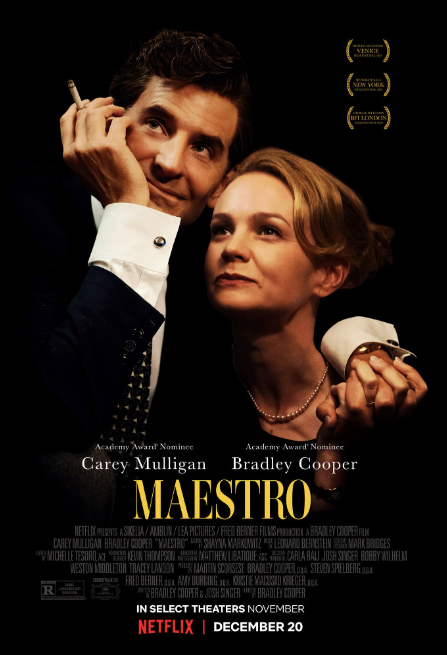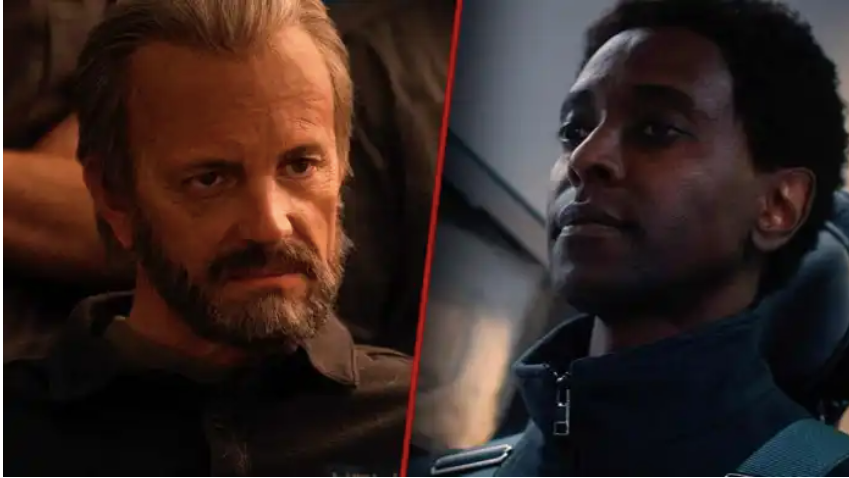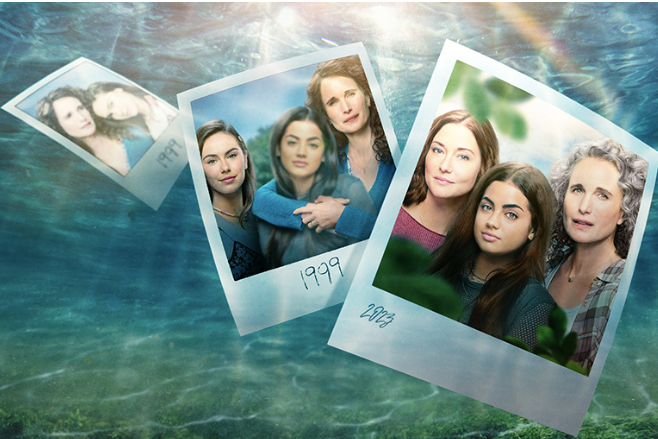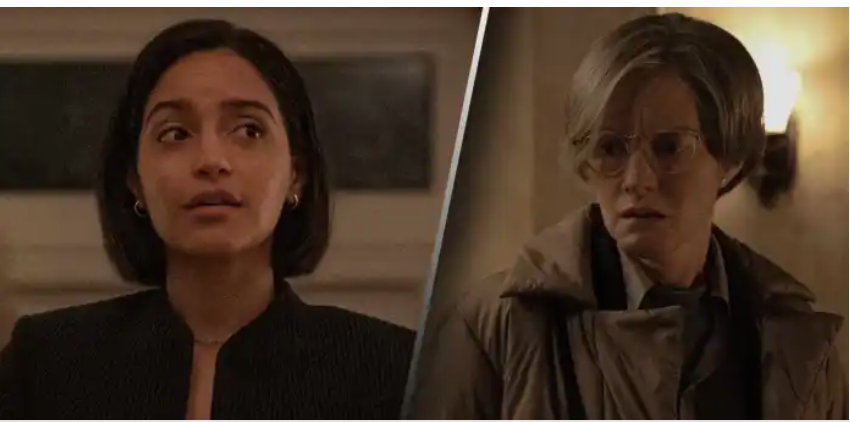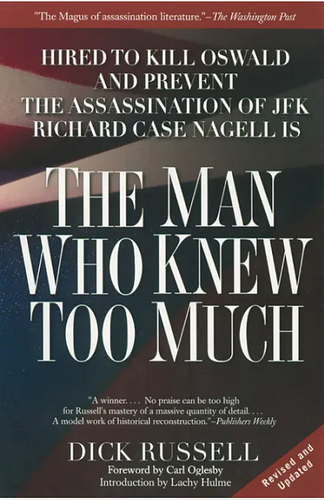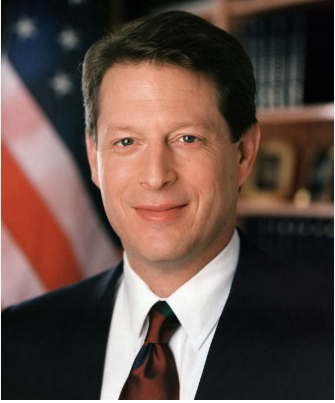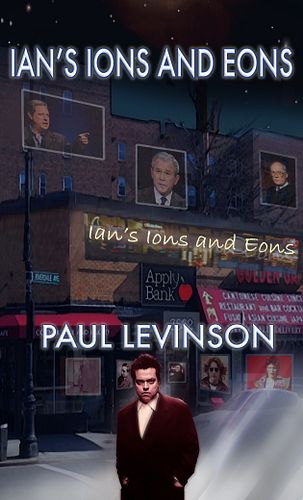_Margot_FAM_4.8_rough.png)
A really excellent episode 4.8 of For All Mankind up on Apple TV+ today, that develops some crucial personal relationships.
[Spoilers ahead ... ]
Let's start with Sergei and Margot. They loved each other, in addition to and making possible all the space stuff they managed to work on together in previous seasons. Like just about everyone else, Sergei here in the U.S. thought Margot had died in the bomb blast at NASA. But not like everyone else, he's deeply thrilled, with no mixed feelings, to learn she didn't die, and she's back here at NASA. His meeting her outside the diner, to warn her that she can't go back to the Soviet Union, was one of the best scenes in the series. The build up to that, and Sergei's involvement of Aleida, was also good to see. One of the things that has made For All Mankind so appealing all along is that the personal relationships that get our species out into space are just as important as the science and the politics.
And that was the case on Mars as well as on Earth in episode 4.8. The good guys -- Ed and Dev -- need to get the Discriminator onto the ship that will be remote steering the asteroid. The Discriminator will move it towards Mars not Earth. But getting that Discriminator in the right place is not easy, for a variety of reasons. The solution to one of the unexpected problems comes from Alex, Ed's young grandson, who is small enough to crawl through a passageway and retrieve the misplaced Discriminator. This not only allows Dev and Ed's plan to proceed, but gets Alex and Ed finally on the way to a good, loving relationship.
I haven't said anything about the alternate history in episode 4.8, because there was next to none. But it was fun to see Spiro T. Agnew's name up on a high school in the Texas town that Sergei is now living in. Agnew of course resigned as Nixon's Vice President in our own reality rather than stand trial on criminal charges. Good alternate history always plays games with villains as well as heroes.
Chuck Todd and Paul Levinson talk Alternate History, including For All Mankind
See also For All Mankind 4.1: Back in Business and Alternate Reality ... 4.2: The Fate of Gorbachev ... 4.3-4.4: The Soviet Union in the 21st Century, On Earth and Mars ... 4.5: Al Gore as President and AI ... 4.6: Aleida and Margot ... 4.7: Dev on Mars
And see also For All Mankind 3.1: The Alternate Reality Progresses ... 3.2: D-Mail ... 3.3-3.4: The Race
And see also For All Mankind, Season 1 and Episode 2.1: Alternate Space Race Reality ... For All Mankind 2.2: The Peanut Butter Sandwich ... For All Mankind 2.3: "Guns to the Moon" ... For All Mankind 2.4: Close to Reality ... For All Mankind 2.5: Johnny and the Wrath of Kahn ... For All Mankind 2.6: Couplings ... For All Mankind 2.7: Alternate History Surges ... For All Mankind 2.8: Really Lost in Translation ... For All Mankind 2.9: Relationships ... For All Mankind 2.10: Definitely Not the End
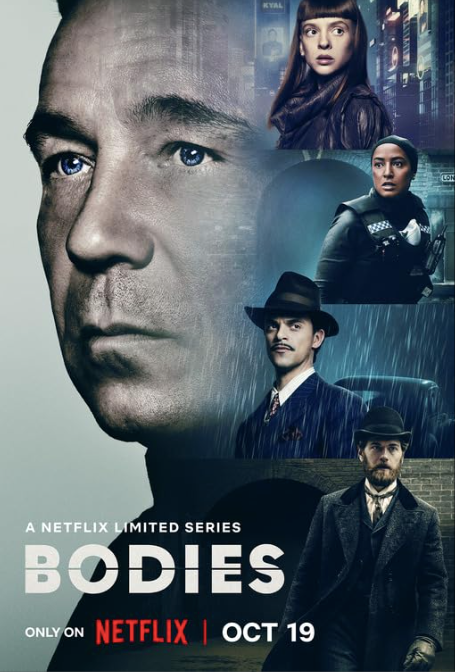
_Slipping_Time_raw_cover.png?width=420&height=180&fit=bounds)

